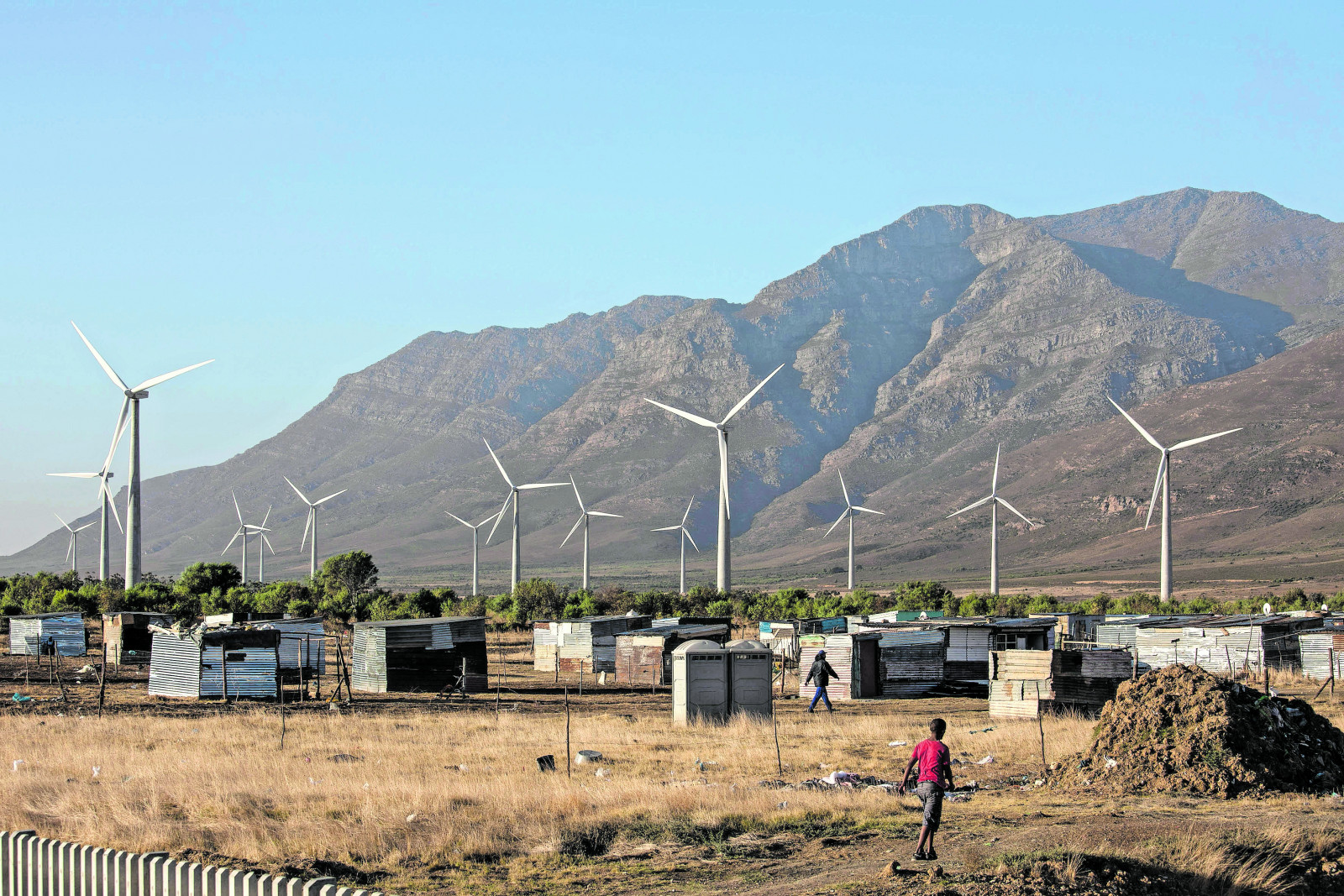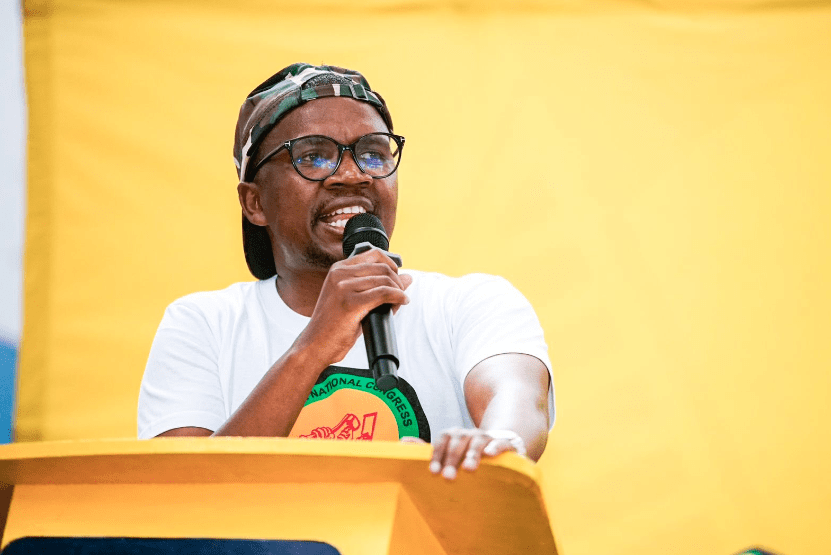Communication professionals have a role to play in bridging this gap, translating the sustainable development goals into relatable narratives that resonate with people and inspire collective action.
(Getty Images)
We have just six years to achieve the United Nations sustainable development goals, considered the global master plan to achieve “a better and more sustainable future for all”.
“Only 17% of the SDG targets are on track, nearly half are showing minimal or moderate progress, and progress on over one third has stalled or even regressed,” UN secretary general António Guterres wrote of the sluggish progress in the foreword to the Sustainable Development Goals Report 2024.
One wonders if the residents of Mahalapye village in Botswana, eSwatini’s Manzini village, Etunda village in Namibia or Mohlonong village in South Africa have enough information about the UN developmental blueprint and its implications.
Communication professionals have a role to play in bridging this gap, translating the sustainable development goals into relatable narratives that resonate with people and inspire collective action.
Public relations and communication could be used as critical tools to track the implementation progress of SDGs. The Global Alliance for Public Relations and Communication Management (Global Alliance) has advocated for the UN to consider introducing an 18th goal focused on “responsible communication”. The proposed goal aligns with the role that ethical and strategic communication plays in advancing societal objectives.
Moreover, information is a key ingredient to effective communication. The SDGs Report 2024 highlights that 9% of national statistical offices (NSOs) agree with the effective safekeeping and accessibility of critical needs for data-driven storytelling to promote transparency and accountability in reporting on SDG progress.
To reinforce the proposed 18th SDGs, professionalisation of the communication field must be prioritised. Responsible communication cannot exist in a vacuum, it requires a foundation of professional and continuous learning.
Membership in a recognised professional body ensures practitioners receive ongoing training, equipping them with the tools to adapt to evolving issues.
The establishment of this 18th SDG would formalise the role of responsible communication as an enabler of progress, encouraging practitioners to uphold ethical standards and harness their skills to address global problems effectively.
A further look at the SDGs progress shows persistent developmental inequalities between Global North and Global South nations. The hope is that with Brazil handing over the 2025 presidency of the Group of 20 (G20) to South Africa at the recently concluded leaders’ summit held in Rio De Janeiro, the developmental gap will be further closed. The theme of Solidarity, Equality and Sustainability, announced by President Cyril Ramaphosa, reflects South Africa’s commitment to fostering international collaboration for a more equitable future.
The Global Initiative for Information Integrity on Climate Change established at the conclusion of the G20 summit aligns with the Global Alliance’s “responsible communication” advocacy.
This is a welcome initiative in support of goal 13: Climate Action. On this, the United Nations Educational, Scientific and Cultural Organisation director general, Audrey Azoulay, said, “Through this initiative, we will support the journalists and researchers investigating climate issues, sometimes at great risk to themselves, and fight the climate-related disinformation running rampant on social media.”
The role of public relations in sustainable development was further highlighted at the Global Alliance World Public Relations Forum 2024, held in Bali, Indonesia, under the theme Purposeful Influence for the Common Good.
Oscar Tshifure is the president of Public Relations Institute of Southern Africa and Malesela Maubane is a former Prisa president.

















%20(2)%20(1).jpg)


Discussion about this post